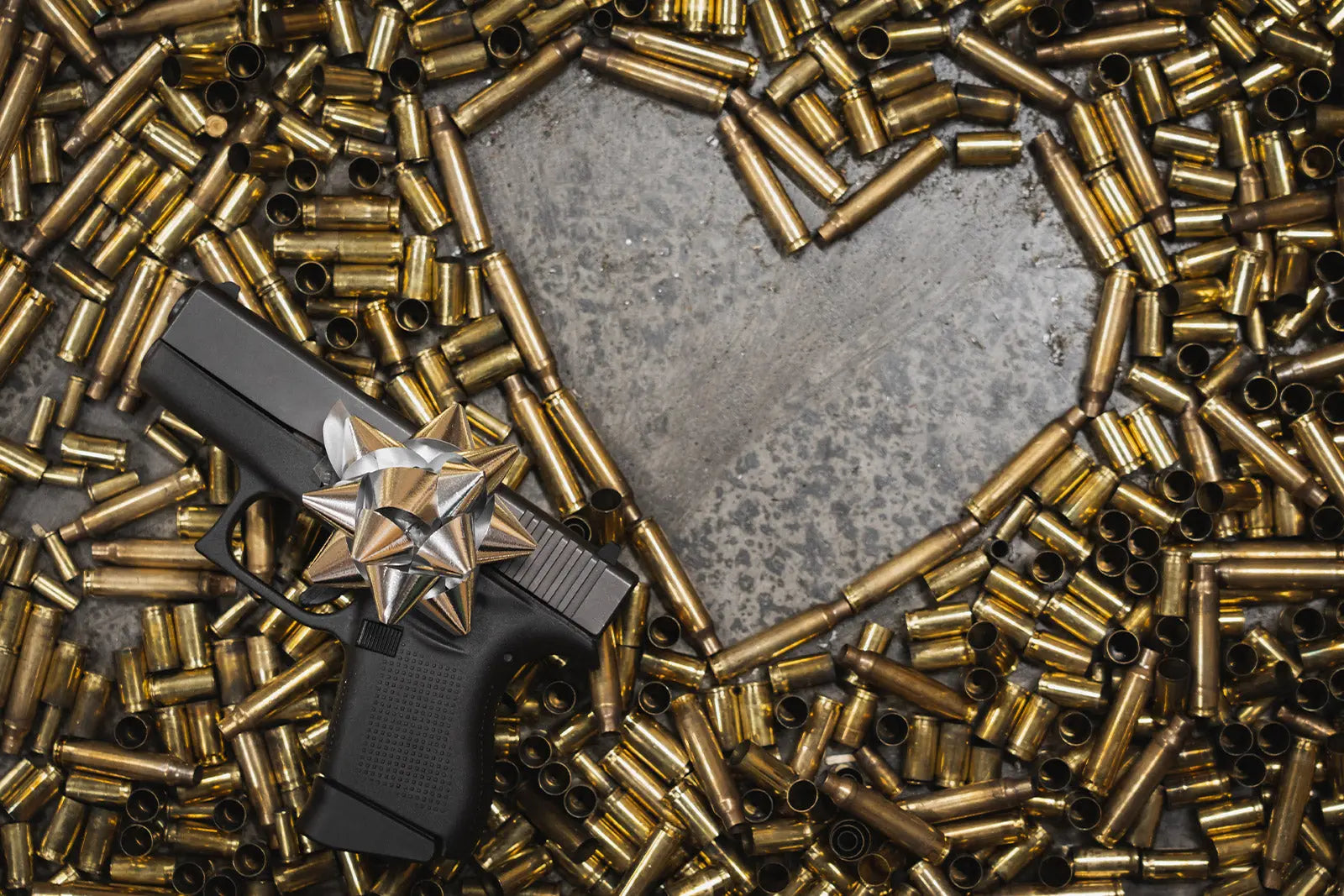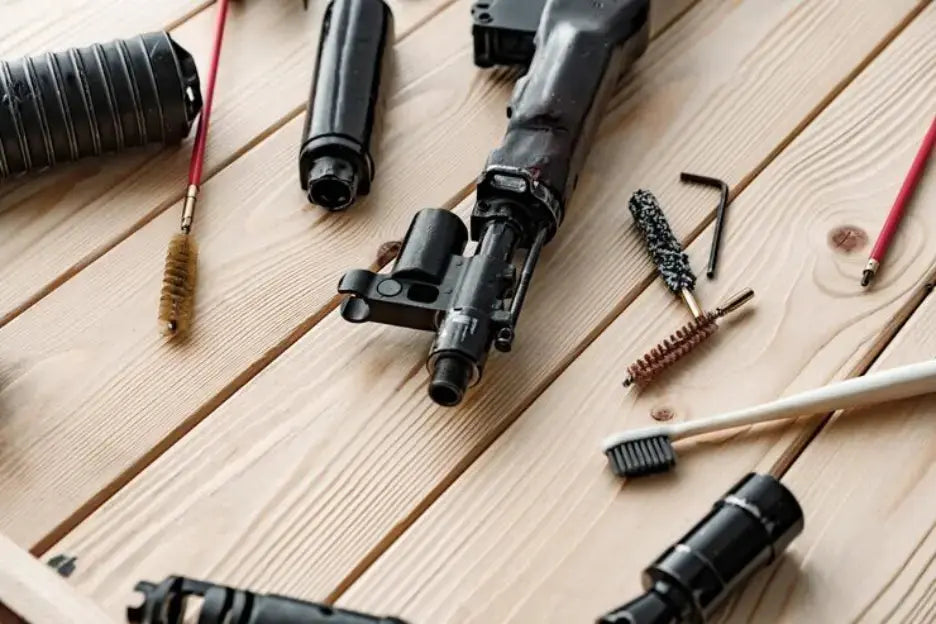In the realm of firearms, understanding how to care for ammunition is just as crucial as mastering shooting skills. Proper ammunition safety ensures not only optimal performance but also a longer shelf life, reducing the risk of malfunctions. Whether you own a 9mm handgun, a shotgun, an AR-15, or other similar firearms, taking steps to correctly store and handle ammunition is essential.
Factors Affecting Ammunition Shelf Life
Ammunition shelf life is influenced by various factors, primarily environmental conditions, manufacturing quality, and ammunition type. Temperature and humidity are particularly crucial; high temperatures can cause gunpowder to degrade, while excessive humidity can lead to metal corrosion. Such conditions can render the ammunition unsafe or ineffective.
The quality of the ammunition also plays a significant role. Factory-produced ammunition generally has a longer shelf life compared to hand-loaded rounds, which might not be as well-sealed against environmental elements. Additionally, different types of ammunition respond differently to storage conditions. Shotgun shells, for example, are more prone to moisture damage due to their paper-based components, unlike the more robust metallic cartridges used in 9mm or AR-15 rounds.
Inspecting Ammunition Before Use
Before using ammunition, it's essential to inspect it for any signs of damage or deterioration. Compromised rounds can lead to dangerous malfunctions. Start by visually inspecting each cartridge for signs of corrosion, dents, or deformities. Look for any discoloration or residue that might indicate moisture damage.
Check the primer of the ammunition as well. A well-seated primer is vital for reliable ignition. If the primer appears loose or damaged, it’s best to discard the round safely. For shotgun shells, inspect the crimp and the hull for any cracks or signs of separation.
Best Storage Practices for Different Ammunition Types
Proper storage is crucial for maintaining the performance and longevity of your ammunition. For 9mm and AR-15 cartridges, store them in a cool, dry place away from direct sunlight. Utilizing airtight containers or ammunition cans with desiccant packs can help absorb moisture and further protect these rounds. Keep them off the ground and avoid storage areas prone to temperature fluctuations.
Shotgun shells require extra attention due to their sensitivity to moisture. Store them in a climate-controlled environment to minimize exposure to humidity and temperature changes. Avoid placing shotgun shells in basements or garages where conditions can vary widely. Use plastic or metal containers with tight seals to keep moisture out and consider adding desiccant packs for additional protection.
For those storing large quantities of ammunition, an ammunition safe or cabinet is an excellent investment. These safes provide a stable environment and are often fire-resistant, adding an extra layer of security. Label your containers clearly and organize your ammunition by type and caliber to facilitate easy access and avoid mix-ups.
If you live in an area with high humidity, consider investing in a dehumidifier for your storage space. This can help maintain a consistent environment and further protect your ammunition. Regularly check your stored ammunition for any signs of corrosion or damage, and rotate your stock to ensure older rounds are used first.
Cleaning Your Firearm for Ammunition Longevity
Regular firearm cleaning is essential for maintaining the longevity and performance of your ammunition. A clean firearm ensures that rounds fire consistently and reduces the risk of malfunctions caused by residue buildup. After each use, disassemble your firearm and thoroughly clean the barrel, chamber, and action. Use a quality gun cleaner and cleaning kit to remove powder residue, carbon deposits, and other fouling that can accumulate during shooting.
After cleaning, lubricate the moving parts with quality gun oil to prevent corrosion and ensure smooth operation. Pay special attention to the barrel, as any residue left inside can affect the pressure and accuracy of your shots. A clean barrel helps maintain consistent bullet trajectory and performance.
In addition to post-use cleanings, regular maintenance checks are crucial. Inspect your firearm periodically for any signs of wear or damage, and address these issues promptly to avoid compromising the ammunition's performance. Use appropriate cleaning tools like brushes and patches designed for your specific firearm type to avoid damaging the bore or other components.
Tips for Storing and Handling Bulk Ammunition
Storing and handling bulk ammunition properly is vital for maintaining its integrity and performance. Start by organizing your ammunition by type and caliber to ensure easy identification and avoid any mix-ups. Clearly label all containers and store them in a dedicated area to streamline access and management.
For bulk storage, use heavy-duty, airtight containers or ammunition cans. These provide robust protection against moisture and temperature variations, both of which can compromise the quality of your ammunition. Adding desiccant packs inside these containers helps absorb any residual moisture, providing an extra layer of defense against humidity.
When handling bulk ammunition, avoid unnecessary movement or rough handling that could damage the rounds. Transport ammunition in sturdy, secure containers, and ensure they are properly anchored to prevent shifting or jostling. This minimizes the risk of physical damage during transit.
It's also wise to periodically inspect your bulk ammunition for any signs of corrosion or damage, rotating your stock to use older rounds first. This practice helps maintain the reliability and safety of your ammunition supply.





